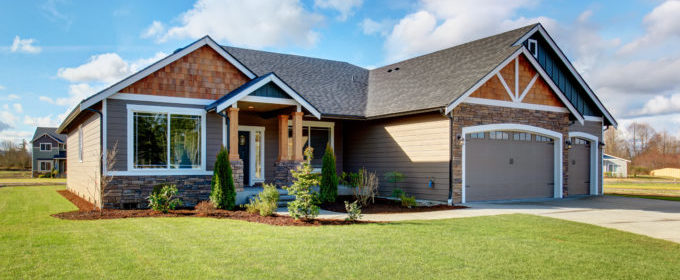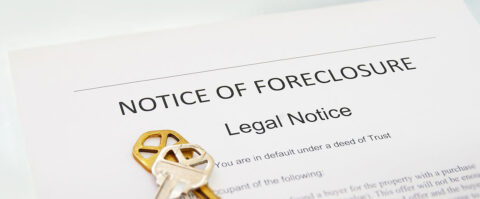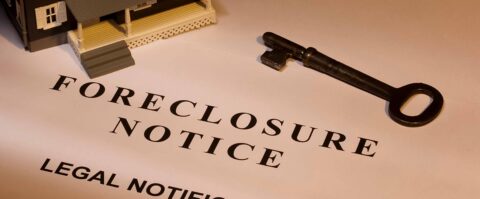
What is the Optional Foreclosure Procedure in New Jersey?
WILL THE NEW ORDERS FROM THE GOVERNOR AND THE FEDERAL GOVERNMENT PROTECT ME IF THE LENDER IS TRYING THE OPTIONAL PROCEDURE?
Typically, when a mortgage lender receives a Final Judgment of Foreclosure on a home in New Jersey, it is sold to the highest bidder at a sheriff sale. The price is set by the lender, and if nobody agrees to pay that amount, the lender will buy the property themselves.
However, the New Jersey Optional Foreclosure Statute (NJ Rev Stat § 2A:50-63 (2013)) outlines scenarios in which your lender can take possession of your home without selling it at a sheriff sale. This may occur, even if you think you are protected by the new Orders in NJ or from the Federal Government.
The NJ optional foreclosure procedure is permitted when:
- The homeowner has abandoned the property.
- The homeowner has voluntarily surrendered the property by signing a deed in lieu of foreclosure.
- There is no equity in the property.
In these three scenarios, the lender can choose to proceed with the optional foreclosure procedure. If the lender chooses this option and the homeowner does not object, the Court will enter an order setting the time, place, and amount for the redemption. The redemption will typically take place between 45 and 60 days from the order.
The order for redemption will be mailed to the homeowner within 20 days of the order being entered. This order will notify the homeowner:
- That the lender is proceeding with an optional foreclosure procedure, the steps of which will be outlined in the order.
- That the homeowner can object to the optional procedure and request a sheriff sale as long as they send a written request to the Court within 30 days.
- That if the homeowner does not request a sheriff sale within 30 days, the request will not be granted unless good cause is shown.
What Does It Mean to Have No Equity in a Property?
If you have positive equity in your home, it is yours to do with as you want and you have the option to sell it even if you are in foreclosure. If you have no equity, you have fewer options with what you can do with your home.
According to the statute, a property is considered to have no equity if the total amount owed by the homeowner, including the mortgage and any unpaid liens or judgments, is greater than 92% of the fair market value of the home. In other words, if the home is currently valued at $250,000 and you owe a total of $230,000 or more, it is considered to have no equity.
My Lender is Pursuing an Optional Foreclosure Without Sale. What Should I Do?
It is important to remember that your lender cannot simply take your home. You have rights and options as a homeowner and are entitled to due process and proper notification as outlined in the statute.
If you believe that you have positive equity in your home, or your lender has conducted an occupancy inspection to try and establish that you abandoned your home when you are still living there, they may be trying to illegally take possession of the home without a sheriff sale.
If your lender is pursuing an optional foreclosure without a sale and you have not received the proper notification or do not think they have the legal grounds to do so, contact the Law Office of Ira J. Metrick today. We will carefully review your situation to see if your lender has taken any illegal actions, and help you understand your options for stopping foreclosure and staying in your home.



